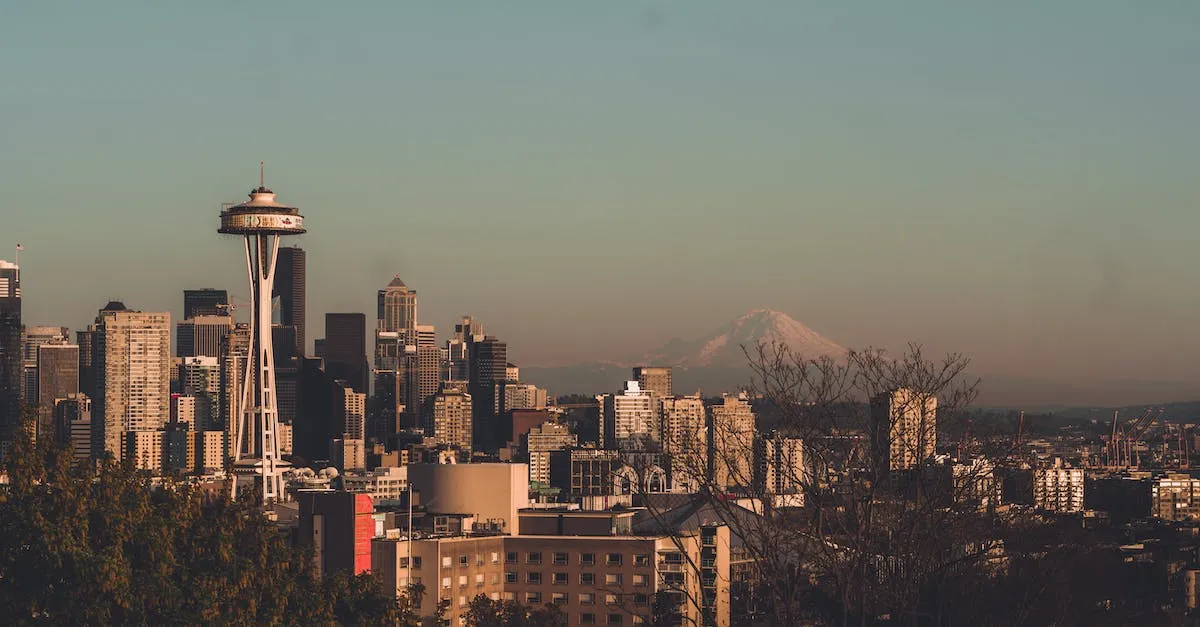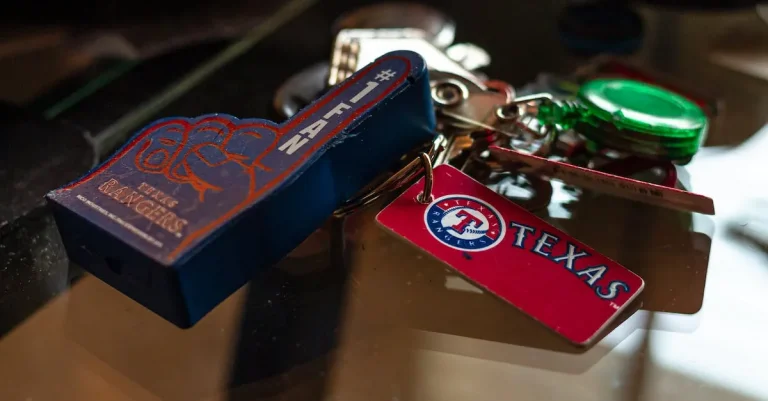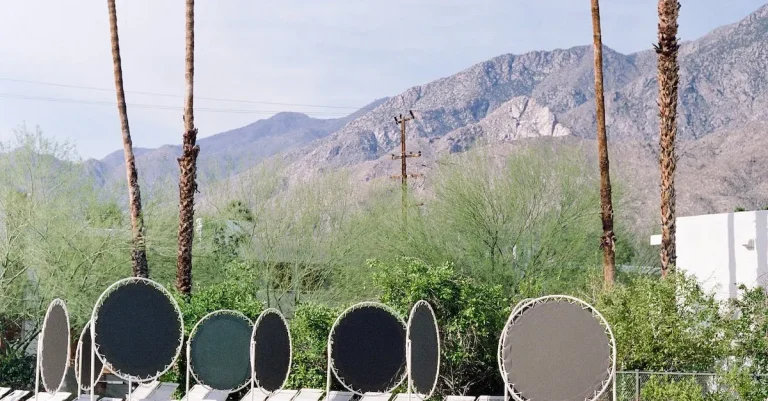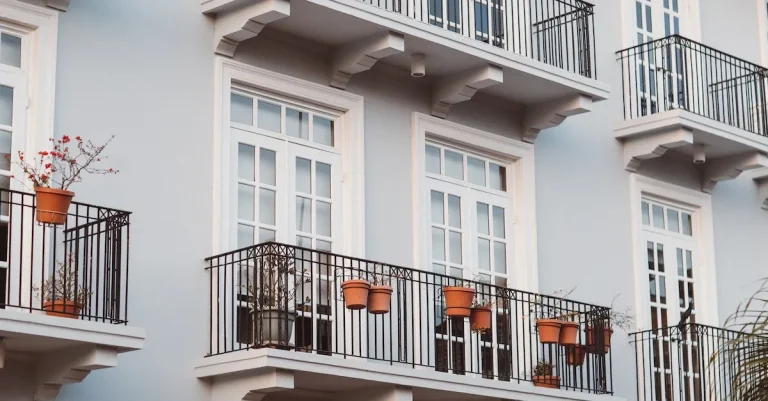Do Mosquitoes Live In Seattle? An In-Depth Look
As the largest city in the Pacific Northwest, Seattle is known for its mild climate, evergreen forests, and rainy weather. But does that environment also include pesky mosquitoes buzzing around in the summer? For those considering a move to Seattle or planning a visit, a common question is whether mosquitoes are present there. In this comprehensive guide, we’ll take an in-depth look at the mosquito situation in Seattle and what factors influence it.
If you’re short on time, here’s a quick answer: Yes, there are mosquitoes in Seattle, but their population and the risk of mosquito-borne disease is relatively low compared to warmer regions of the United States.
Mosquito Species Present in the Seattle Area
Seattle, known for its lush greenery and temperate climate, is home to several mosquito species. These blood-sucking insects thrive in the region’s wet and rainy conditions, making them a common annoyance for residents and visitors alike.
While Seattle is not known for having an excessive mosquito population compared to other areas, it is still important to be aware of the different species that call this city home.
1. Western Treehole Mosquito
The Western Treehole Mosquito, also known as Aedes sierrensis, is one of the most common mosquito species found in Seattle. These mosquitoes breed in small, water-filled holes in tree trunks, hence their name.
They are most active during the spring and summer months and can be a nuisance in wooded areas or near parks.
2. Western Encephalitis Mosquito
The Western Encephalitis Mosquito, or Culex tarsalis, is another species that can be found in the Seattle area. These mosquitoes are known carriers of the West Nile virus, which can cause severe illness in humans.
While the risk of contracting the virus from mosquitoes in Seattle is relatively low, it is still important to take precautions to avoid mosquito bites.
3. Anopheles Mosquitoes
Anopheles mosquitoes, which are known carriers of malaria, can also be found in the Seattle area. However, the risk of malaria transmission is extremely low in this region due to the absence of the parasite that causes the disease.
Still, it is essential to prevent mosquito bites to avoid any potential discomfort or allergic reactions.
4. Other Mosquito Species
In addition to the aforementioned species, Seattle is also home to various other mosquito species, including Aedes vexans and Culex pipiens. These mosquitoes can be found in different habitats, ranging from urban areas to rural settings.
It is important to note that while mosquitoes are present in Seattle, the overall risk of mosquito-borne diseases in this region is relatively low. However, it is still a good idea to take precautions to protect yourself from mosquito bites, such as wearing long sleeves and pants, using insect repellent, and eliminating standing water around your property.
For more information about mosquito species and their habitats, you can visit the CDC website.
Weather and Environmental Factors Influencing Mosquito Populations
Mosquito populations are influenced by various weather and environmental factors. In Seattle, where the climate is characterized by mild, wet winters and warm, dry summers, these factors play a significant role in determining the abundance of mosquitoes.
Rainfall
Rainfall is a crucial factor in mosquito population dynamics. Mosquitoes require standing water to lay their eggs and complete their life cycle. Seattle’s high annual rainfall creates ample breeding grounds for mosquitoes.
Rainwater accumulates in various containers, such as flower pots, gutters, and discarded tires, providing ideal breeding habitats for mosquitoes.
According to the Seattle & King County Public Health Department, the highest mosquito activity is typically observed in the months following the rainy season. Mosquitoes thrive in areas with stagnant water, and heavy rainfall increases the availability of such breeding sites.
Temperature
The temperature is another important factor influencing mosquito populations. Mosquitoes are ectothermic creatures, meaning their body temperature is regulated by their environment. In Seattle, the moderate climate during the summer allows mosquitoes to thrive.
Warmer temperatures promote faster mosquito development and increase their activity. The ideal temperature range for mosquito breeding and activity is between 50°F and 95°F. Seattle’s average summer temperatures fall well within this range, providing favorable conditions for mosquito proliferation.
Standing Water Sources
Mosquitoes require standing water to lay their eggs. In Seattle, there are various sources of standing water that can contribute to mosquito populations. These include neglected swimming pools, bird baths, clogged gutters, and even small containers like bottle caps or flower pot saucers.
It is essential for residents to regularly inspect their properties for potential breeding sites and take preventive measures, such as emptying stagnant water and using larvicides, to control mosquito populations.
The Seattle & King County Public Health Department provides useful guidelines on mosquito prevention and control on their website http://www.kingcounty.gov/healthservices/health/ehs/westnile.aspx.
Risk of Mosquito-Borne Diseases
Mosquitoes are not just annoying pests; they can also pose a significant health risk to humans. In Seattle, while mosquito populations are not as high as in other regions, there is still a potential for the transmission of mosquito-borne diseases.
West Nile Virus
One of the most well-known mosquito-borne diseases is the West Nile virus. Although cases of West Nile virus in Seattle are relatively rare, it is still essential to take precautions to prevent infection.
The virus is transmitted to humans through mosquito bites, and while most people who are infected do not develop any symptoms, some may experience fever, headache, body aches, and fatigue. In rare cases, severe symptoms such as meningitis or encephalitis can occur.
To protect yourself from West Nile virus, it is recommended to wear long sleeves and pants when spending time outdoors, especially during dawn and dusk when mosquitoes are most active. Applying insect repellent containing DEET or picaridin can also provide an extra layer of protection.
According to the Centers for Disease Control and Prevention (CDC), there were 2,647 reported cases of West Nile virus in the United States in 2020, resulting in 96 deaths.
Western Equine Encephalitis
Another mosquito-borne disease that can potentially affect residents of Seattle is Western Equine Encephalitis (WEE). WEE is a viral infection that is primarily transmitted by mosquitoes that have fed on infected birds.
While human cases of WEE are relatively rare, they can result in severe symptoms such as high fever, headache, neck stiffness, and even neurological complications.
To reduce the risk of WEE, it is crucial to eliminate mosquito breeding sites around your home, such as standing water in flower pots, bird baths, and gutters. Using mosquito nets or screens on windows and doors can also help prevent mosquito bites.
According to the Washington State Department of Health, there were 4 reported cases of Western Equine Encephalitis in Washington state in 2020.
While the risk of mosquito-borne diseases in Seattle may be relatively low compared to other areas, it is still important to take precautions to protect yourself and your family. Stay informed about mosquito activity in your area and follow the guidelines provided by local health authorities.
By taking proactive measures, you can enjoy the beautiful outdoors of Seattle without worrying about mosquito-borne illnesses.
When Are Mosquitoes Most Active in Seattle?
Mosquitoes are a common nuisance in many parts of the world, but what about in Seattle? If you’re living in or planning to visit the Emerald City, you might be wondering when these pesky insects are most active. Let’s take an in-depth look at the mosquito activity in Seattle.
Mosquito Season in Seattle
Seattle’s climate is generally mild, with cool, wet winters and warm, dry summers. Mosquitoes thrive in humid environments and require standing water to breed. Therefore, it’s no surprise that mosquito activity in Seattle is highest during the warmer months.
The mosquito season typically begins in late spring, around April or May, and lasts until early fall, around September or October. During this time, mosquito populations are at their peak, and people are more likely to experience mosquito bites.
Factors Affecting Mosquito Activity
Several factors contribute to the activity level of mosquitoes in Seattle. These include:
- Temperature: Mosquitoes are cold-blooded creatures and are most active when temperatures are above 50°F (10°C). Seattle’s mild summers provide optimal conditions for mosquito activity.
- Rainfall: Mosquitoes require standing water to lay their eggs. Rainfall increases the availability of breeding sites, leading to a higher mosquito population.
- Vegetation: Mosquitoes are attracted to areas with dense vegetation, as it provides shade and moisture. Seattle’s lush greenery and numerous parks create ideal habitats for mosquitoes.
Preventing Mosquito Bites in Seattle
If you’re planning to spend time outdoors in Seattle during mosquito season, it’s essential to take preventive measures to avoid mosquito bites. Here are some tips:
- Use insect repellent: Apply EPA-approved mosquito repellents containing DEET, picaridin, or oil of lemon eucalyptus to exposed skin.
- Wear protective clothing: Cover up with long sleeves, long pants, and socks to minimize exposed skin.
- Eliminate standing water: Mosquitoes breed in stagnant water, so empty any containers that collect water, such as flower pots, bird baths, or gutters.
- Install screens: Make sure windows and doors have screens to keep mosquitoes out of your home.
By following these preventive measures, you can reduce your chances of getting bitten by mosquitoes in Seattle and enjoy your time outdoors without being bothered by these buzzing insects.
For more information about mosquitoes and their activity in Seattle, you can visit the Washington State Department of Health website. Stay informed and stay mosquito-free!
Methods for Controlling Mosquitoes in Seattle
Public Mosquito Control
Seattle takes mosquito control seriously and has implemented various methods to keep mosquito populations in check. The Public Health Department regularly conducts surveillance and monitoring to identify breeding areas and assess the risk of mosquito-borne diseases.
They also undertake larviciding and fogging activities in public areas where mosquito populations are high. These efforts help reduce the number of mosquitoes and minimize the risk of diseases like West Nile virus and Zika.
Additionally, the Public Health Department actively educates the public about mosquito control measures. They provide information on how to prevent mosquito breeding by eliminating stagnant water sources and using protective clothing and repellents.
The department also encourages residents to report mosquito breeding sites and seeks community participation in controlling mosquito populations.
Backyard Precautions
While public mosquito control measures are essential, residents also play a crucial role in controlling mosquitoes in their own backyards. Here are some effective precautions to follow:
- Eliminate standing water: Mosquitoes breed in stagnant water, so it is important to remove any items in your backyard that can collect water, such as old tires, buckets, or bird baths.
- Maintain swimming pools: If you have a swimming pool, ensure it is properly maintained and chlorinated to prevent mosquitoes from laying eggs in the water.
- Use mosquito repellents: When spending time outdoors, apply mosquito repellents containing DEET or other recommended ingredients to protect yourself from mosquito bites.
- Install screens: Use window and door screens to prevent mosquitoes from entering your home.
- Keep your yard clean: Regularly trim grass and shrubs, as mosquitoes tend to rest in shaded areas during the day.
By following these precautions, you can significantly reduce the mosquito population in your backyard and protect yourself from mosquito-borne diseases.
For more information on mosquito control in Seattle, you can visit the King County Public Health website. They provide comprehensive information on mosquito biology, prevention, and control methods specific to the Seattle area.
Conclusion
While mosquitoes are present in Seattle, their populations are relatively low compared to warmer, wetter parts of the United States. Cool temperatures, lower amounts of rainfall, and vigilant mosquito control efforts help keep mosquito activity limited primarily to late summer. By taking some basic precautions and being aware of peak activity times, Seattle residents and visitors can largely avoid dealing with these pesky insects.








